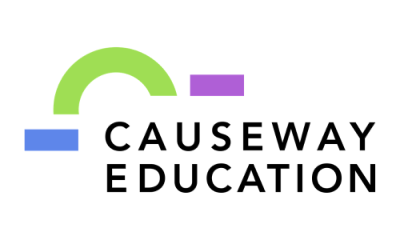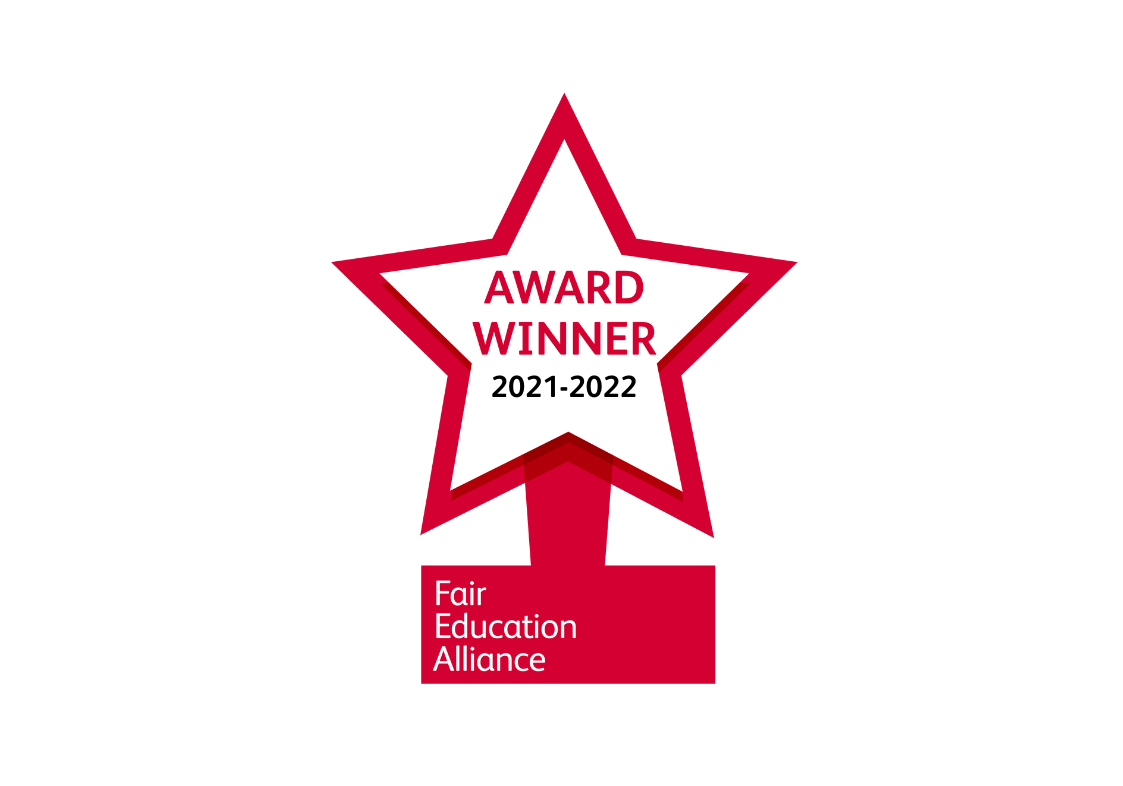A day in the life of a Progression Specialist
/Sarah Baylis is one of our team of Progression Specialists, working in schools on our Access Champions programme to provide students with advice and guidance on options and approaches to Higher Education. Here she talks us through her day mentoring students at a school on the Isle of Wight.
There’s just time to grab a quick coffee before jumping aboard the Red Jet this morning. It’s another beautiful day and this 25-minute sailing across the Solent is fast becoming my favourite commute. Once on the other side it’s a brisk walk, uphill, to my island school. I sign in at reception and head to my office for the day. I have half an hour to get my breath back and prepare for a day of mentoring sessions with students I’ve been working with for the past few months as part of our Access Champions programme, which we’re running on the island in partnership with the Southern Universities Network.
My first session is with a student who wants to study economics at university and, ironically, the focus is on finance. We discuss tuition fees and maintenance loans and I introduce her to a calculator tool so she can go home and work out how much she may be eligible for with her family. We also cover average student expenditure so she can work out roughly what additional funds may be needed. It’s not much of a surprise to find that my student is fully engaged with the session, considering her interest in maths and finance. We finish by looking at some of the universities that she is interested in and discussing what they have to offer her. This student is predicted high grades and has a good work ethic so has a good range of options.
My next session starts with a discussion about nothing at all HE related as my student is a massive Saints fan and we have a lot to catch up with since our last session, including remaining in the Premier League! The informal chat helps to build relationships with the students and puts them more at ease to ask questions that they might otherwise feel reluctant or awkward to ask. This student needs help to weigh up his options. He has a real love of life and many varied pathways to take. We begin work on a comparison grid to help him get some clarity.
My remaining sessions involve looking at dentistry courses with one student and apprenticeships with another. It’s interesting to compare how students feel about ‘leaving the island’. Some will only consider south coast options, so that they know they can get home for the weekend if they feel they need to. Others can’t wait to get away and feel it is their chance to fly. Looking for apprenticeships on the island can be a challenge and sadly reduces options for those who wish to stay and do not want to go on to Higher Education.
Before leaving I have an additional session with a student in Year 13 who has suddenly decided he’d like to go to university after all and is seeking some advice. I also have a brief chat with the school’s Access Champion [the member of staff we work with to help improve the school’s approach to HE applications] to finalise details for a parents’ information evening that we are running together after half term. Finally, I send brief messages and emails to the parents of the students I have seen today. Then I pack up my laptop and resources and head off to catch the ferry back to Southampton. As usual, this ends up being a bit of a speed walk, but thankfully it’s downhill this time!
The crossing home gives me time for reflection; to think about how to move things forward in the next session or ponder alternative pathways for those not following a straightforward route into Higher Education. Many rarely travel across the water, so to consider moving to the mainland for at least the next three years can seem especially daunting. But staying on the island and finding good career prospects is also challenging. Living on an island can make access to the events and information needed to make these decisions even more difficult, and costly when you factor in ferry travel. As I travel back my phone buzzes with a response from one of the parents: a lovely message thanking me for my support for her daughter and saying the sessions have opened up a dialogue in their household that she feels would never have happened otherwise. It’s good to know that the sessions are helping and information is making a difference!








